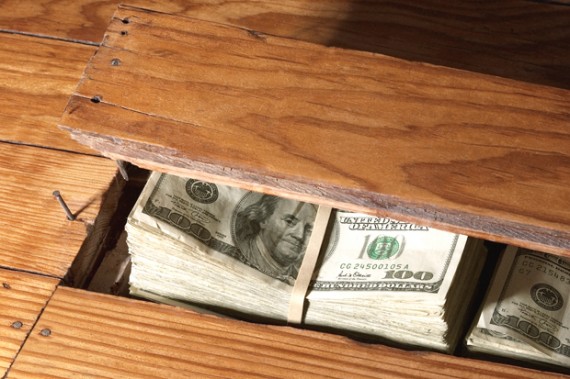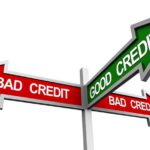Last Updated on March 22, 2018 by Jason Mason
The true cost of buying a car goes beyond the asking price, retail price or the agreeable monthly payment. There are several hidden costs that you will need to be aware of, which count towards the true cost of owning a new car. To ensure that the used or new car you choose provides maximum value and fits your budget, you will need to consider all the hidden costs. Some of these hidden car buying fees have been explained below.
Financing Charges
When you are financing your vehicle, it means you are paying a certain amount of money monthly for a predetermined number of months. The amount of these monthly payments vary depending on the down payment made, the loan’s interest rate, and the terms of the loan. Typically, lower interest rates are offered when buying a new car than a used car.
Leasing Charges
If you are acquiring a car on lease, it means you will be paying certain amount of money monthly or yearly. If you compare lease payments for the same car model between different car dealerships, you will find that some dealers are charging more than others. You will need to consider factors like lease term, capitalized cost reduction and annual mileage limit before making leasing a decision.
State and Local Tax Rates
Buying a car in your current city or state may help you save the money that you would have paid as state or local tax rates. However, most states have laws that dictate buyers to pay sales tax on new vehicles regardless of where the transaction took place. These laws are meant to protect local government budgets and business. If you are considering to buy a car from an out-of-state dealer, be sure to determine all hidden taxes or potential tax benefits from that dealer.
Tax Credits
Electric vehicles and plug-in hybrid models cost more to purchase than regular models. However, these vehicles may be eligible for local, state, or national tax credits. Lower operating costs and tax credits are designed to make these vehicles cost-effective to owners. In cases where your locals are not getting any tax credit, you will find yourself paying more than what you had budgeted for the vehicle.
State Registration and Licensing Fees
Each state has its own vehicle registration and licensing fees. These fees also vary depending on a variety of factors such as the vehicle purchase price, year, weight, taxable value, model, make or owner’s driving record. Local vehicle registration and licensing departments also take other factors into consideration like your county of residence when determining your fees. Be sure to dig deep to understand these fees before you dish out money to buy that car.
Insurance Premiums
Each state requires car buyers to purchase a minimum insurance cover for their vehicles. A minimum insurance is needed to cover the cost of personal injury and property damage caused by your car. There are also other optional insurance covers that you might consider purchasing to cover you more from other potential issues such as car thefts, flooding or damage.
Fuel Economy Ratings
Gas prices are always unstable. They fall, rise and fall again sometimes. Whenever gas price rises, many drivers complain bitterly as if the act caught them by surprise. Even if it is not easy to calculate your future fuel costs, you will need to create a budget for it and know that there might be hidden costs that can tamper with your budget.
Maintenance and Repair
Any car whether used or new requires maintenance or repair at some point. Some repairs may be covered by a warranty. What about those repairs that are not covered by warranties? What about car maintenance practices like oil changing? All these are hidden car buying costs that you will need to take into consideration when buying a car.
Depreciation costs
Car depreciation is the amount of value your car loses each year. This value impacts you when you decide to sell your car. Some models have lower depreciation value than others. You will, therefore, need to consider this hidden car buying costs before choosing your car model.




